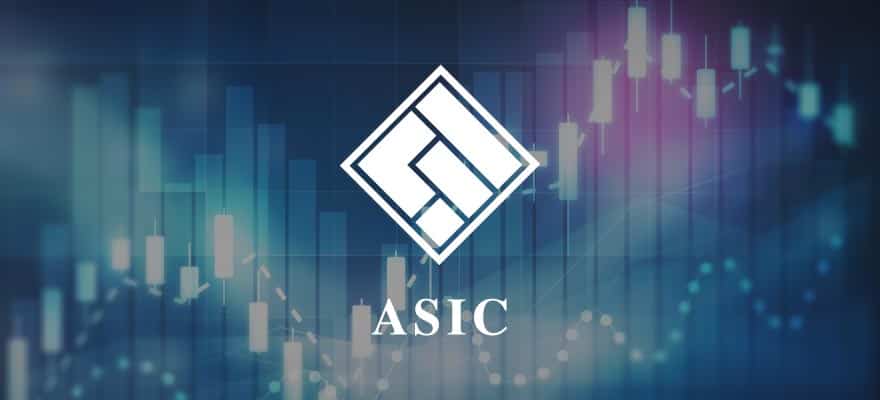The (ASIC) published a warning on its website this Monday morning, urging consumers to watch out for scammers claiming to be from ASIC.
The fraudsters are from Luxembourg Offshore Banking which is also known as LUXOSB Limited. According to the statement published today, both of these firms are scams. Furthermore, they are not regulated nor licensed by ASIC and therefore, are not authorised to provide financial services within Australia.
Specifically, the scammers are contacting residents of Australia and falsely stating that withdrawals are being processed or withheld by ASIC. The advises consumers that if they are contacted by representatives from companies holding either of these names they should “simply hang up or delete the email and block the sender.”
Via an online trading platform that allegedly facilitates the trading of stocks, foreign exchange, cryptocurrencies and indices markets, Luxembourg Offshore Banking and LUXOSB Limited claims to offer an investment program called ExpertKonek, the statement said.
To start trading, users are required to provide proof of ID such as photocopies of a passport and proof of address, which can be achieved via a utility bill, to activate a trading account. Although both firms claim to be associated with a company in Australia, they are actually based overseas.

Source: LinkedIn
The Australian regulator urges consumers who have been targeted by this scam and believe their bank account may have been compromised to immediately contact their bank or financial institution.
ASIC urges traders to do their due diligence
Furthermore, ASIC also advisers residents of Australia to check the regulator’s website to see whether a financial institution holds an before giving any personal details, such as bank numbers or address, to protect yourself from scams.

ASIC Warns Against Scammers Impersonating the Regulator
More from AnalysysMore posts in Analysys »




Be First to Comment